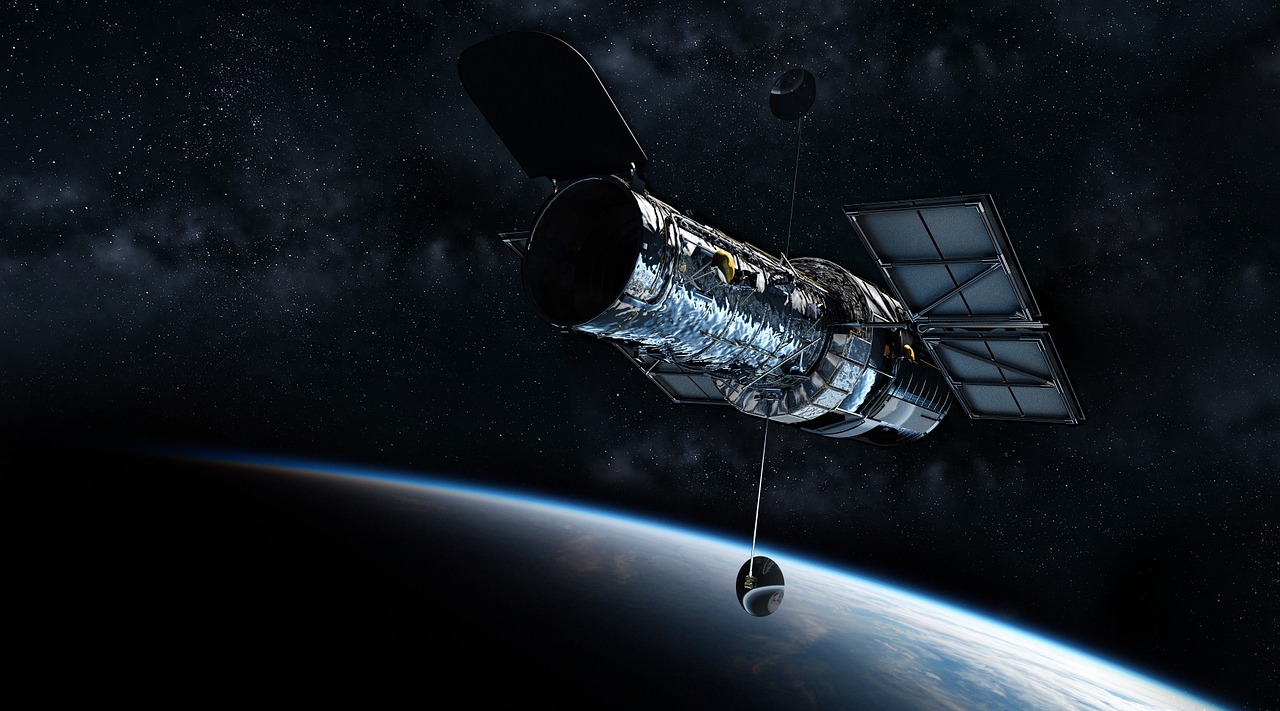Hubble Telescope just founds the oldest star!
Hubble telescope recently discovers the oldest star in the universe.
It's age is been thinking to be 1 billion years after the Big Bang. Not even oldest. Scientist are saying that it is the most distant star ever detected.
So, how do they know that the star is oldest?
Firstly, the Spectroscopy part using Hubble and the stars measured redshift value.
Discussion
To be
clear, the observable macrocosm is confined by how far light could've travelled
since time began. So a bigger and better telescope can give us a much advanced
resolution, but there is still a point we'll no way see history.
Besides being confined by the time it
takes light to travel there is also an adding distance to the edge of the
observable macrocosm due to the accelerating expansion of the macrocosm.
At some point, the macrocosm will expand
to the point where the viscosity of matter is basically nil with complex
structures breaking down into insulated patches. In the end, the cosmic
background radiation will be redshifted into longer wavelengths and lower
confines. Until the last vestiges of the macrocosm's radiation blends into the
astral medium. At that point, nothing will remain, nothing will be observable.
Any substantiation of anything ever being will be gone, with everything spread
across an horizonless distance across space.
There's a proposition which states that if ever anyone discovers exactly what
the Universe is for and why it's then, it'll incontinently vanish and be
replaced by commodity indeed more crazy and inexplainable. There's another
proposition which states that this has formerly happed.
After all Its a big place for all we
know when we get to the end we might find a fleck of light way the fuck out
like millions of trillions of light times down and that fleck becomes another
macrocosm as you get near. Who knows man or it could just be empty space. Id
like to suppose we find a point in space at the edge of our factual macrocosm
that has worlds from a macrocosm coming at our macrocosm. And that point would
be another big bangs macrocosm cutting with our own.
So imagine the milky way world and
Andromeda worlds colliding but rather those are two worlds.
Yes, it's an inconceivable quantum of time, but in a way the macrocosm is
fairly new. We are conditioned to suppose of it as eternal but the earth itself
is a quarter Jr's age as you've refocused out.
In about 100 billion times due to
expansion, we ( assuming humans were around) would only be suitable to reach
our original group due to expansion being faster than light. Strange to
consider that we are in a fairly juvenile macrocosm. And that as time passes,
though worlds will move out of reach, more will appear as their light catches
up to expansion.


